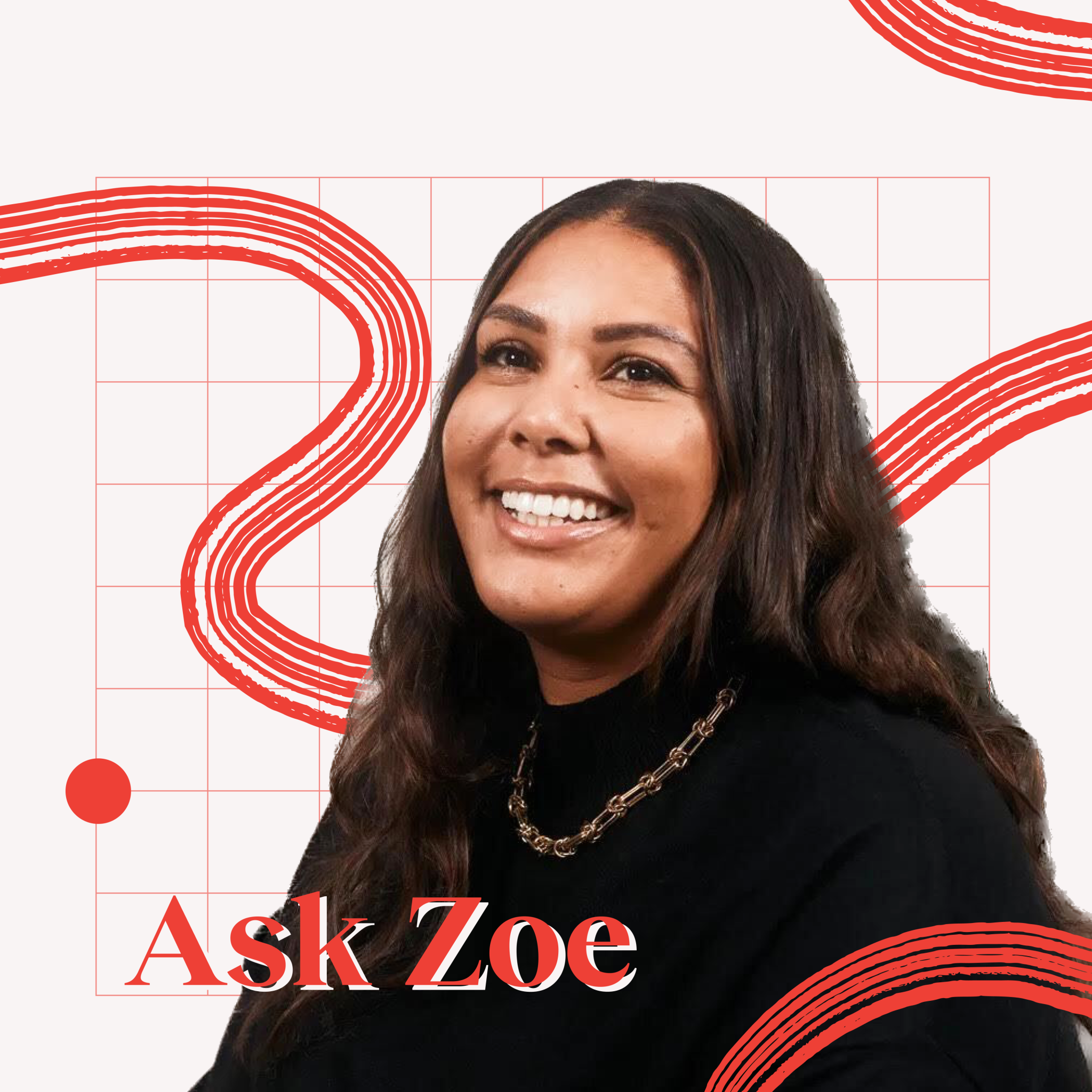The move to hybrid working has been a “huge help to people with chronic conditions or disabilities”, said sustainability startup employee Sara, who suffers from a disability herself. “People don't bat an eye now when you say you're working from home.”
Sara is one of many Sifted readers who told us they’ve felt the benefits of a more flexible routine in our recent survey on the new world of hybrid work.
We heard from 166 founders, startup employees, VCs and consultants from a number of sectors in European tech. The majority told us they’d be heading into the office two to three days a week in the coming months.
On the sunny side, readers valued the autonomy to work where it best suited them, getting a change of scene from improvised home offices and seeing colleagues in real life again. But it wasn’t all rosy.
The trials and tribulations of hybrid meetings, peer pressure to be in the office and the costs of travel and buying lunches were frequent gripes.
The return to the office
For many respondents, the transition to hybrid has been positive for their mental health after more than a year of remote working.
“Keeping distance between work and home is important, and I never realised this until I went back to the office full time,” said one fintech employee. “You lean towards the comfort of home but this isn’t good long term.”
One startup employee told us that they suffer from anxiety, and said that being around colleagues takes them “out of their head”.
Some respondents even felt the commute had benefits.
“I feel like seeing people, going to the office and having a bit of a routine has made me feel happier and less isolated,” she said. “I also feel like my commute is a nice buffer between work (even though it’s expensive and there are days when I just want to get home), it gives me a chance to wind down or read a book.”
“I'm being more active too with the commute in,” said another. “It’s been enjoyable to socialise with my team although I see them virtually, the in-person interaction can be quite different.”
For others, the commute is a downside of being back in the office, alongside expensive lunches and proper clothes.
A number of people also told us they faced social pressure to be physically present, despite flexible working being company policy.
“I’m anxious about being judged for my preference for remote,” said a marketer. “It feels like a dirty secret that I’m exercising my privilege of flexible working to be primarily remote.” Another told us that there was a “smugness” and “in-person supremacy” around returning to the office.
Office space
As companies have transitioned to hybrid working, many have moved into more temporary digs, like coworking spaces.
One startup employee told us that not having a “proper office” meant that there was no private space to take calls, and Alastair, a SaaS founder, said that the worst thing about hybrid working was finding a flexible office space solution.
Another startup employee told us that the amount of noise in the office was disruptive, and this meant they couldn’t come in and spend as much time with coworkers as they’d like.
“I interview a lot of our users and would love to spend more time at the office,” they said. “But I can’t talk to our users and clients in comfortable silence because we don’t have a good quiet designated space.”
Flexibility
Over 90% of people told us that they had some say in how often they come into the office — and the freedom to choose where to work from was a major benefit to the hybrid model for many.
For some with specific needs or requirements, like Sara, it’s meant that they can manage work around their lives.
Nick, who has ADHD, told us that he struggles being in the same environment all the time, so the ability to change things up really suited him. Travelling into the office a few days a week has also been a positive for his mental health, he told Sifted.
There is nothing I love about hybrid working,” said one founder. “It is a disaster for a firm's cultural development
“It’s made me feel better about things,” he said. “Working alone can be a real struggle for me, both motivation-wise and confidence wise.”
Maria’s family lives abroad, and she told us that hybrid working allowed her to see them more often and for longer periods. Likewise one investor told Sifted that the reduction of travel time from home to the office has meant they can spend more quality time with their family.
There were also downsides of flexibility: harder to have a routine, harder to create a culture.
One HR worker told us that the “lack of working patterns means things do take longer to deliver” and an investor said that the variation of days in and out of the office each week made it hard to establish a routine.
“There is nothing I love about hybrid working,” said one founder. “It is a disaster for a firm's cultural development and makes training and development of new joiners almost impossible.” Another respondent, working in the public sector, said that hybrid working was creating a split between those at the office and those at home.
Technical teething problems
While Slack and Zoom have allowed us to stay connected to colleagues remotely, combining in-person and digital is an ongoing challenge, and the lack of a foolproof solution for hybrid meetings is a major bugbear for many.
“The equipment and connectivity in the office is rubbish, making hybrid meetings a really poor experience,” said one corporate worker in the food industry. Another respondent, a deeptech employee, told us that she disliked the fact that there was “5-10 minutes at the beginning of every meeting” making sure everyone was connected.
One size fits no one. Employees should be allowed to decide what's appropriate when it comes to where they work
Rikke, who works for a SaaS company, echoed the feeling. “Hybrid meetings are hard!” she told Sifted. “If half the team are in the office in a room together and the other half is working from home, it's always awkward for the people at home who can't see and hear everyone properly.”
Another said that communication has suffered as a result of increased remote working. “Communication between departments is difficult when not in person,” said Alise, who works in marketing. “You can't just jump into a conversation that is happening around you. You have to use technology to connect, which isn't always easy with shaky internet connections.”
Who should decide when employees go into the office?
Nearly 80% of readers told us that they thought both parties needed to have a discussion to arrive at an arrangement that both are happy with.
Individual teams should have autonomy over the decision, said startup employee CJ. “It makes no sense for the head of engineering to set rules for the customer service team — and vice versa.”
Consultant Elvina shared a similar view, and said that not letting employees have a say in the matter amounts to micromanagement. “One size fits no one. Employees should be allowed to decide what's appropriate when it comes to where they work in the same way they're accountable for the tasks on their to-do lists,” she told Sifted. “Doing this in discussion with their employer means the company has visibility of this decision making and can weigh in. Anything less than that is micromanaging and assumes we're not adults.”
One fintech worker agreed. “If you hire adults, let them choose what works best for them.”
“As in any relationship, communication is key,” said Elizabeth. “There should be a discussion to ensure that hybrid working is successful for everyone."
Some people, on the other hand, told us that they thought the employee alone should make the decision.
“Performance should be measured by output, not presence,” said Jaco, who works in the energy industry. A VC agreed: “You pay for the skillset, not the location of the employee.”
Others thought the company should be the one that makes the call.
“Staff need guidelines,” said one public sector worker, while a fintech worker felt that leaving it up to the employee would lead to full-time remote work. “If every employee just does their own thing you don't get the benefits of collaborating in person,” he told Sifted.
Another startup employee thought that the employer needed to decide “for consistency”. “I don’t think there is a one-size-fits-all, so this doesn’t seem to be the type of decision that should be made by committee,” he said. “By all means, listen to your employees, but have the courage to make the decision that works for you.”
Returning to the office? Sifted readers share their advice.
Heading back into the office can be a big adjustment after more than a year of remote working. Here’s how our readers have dealt with the change:
- “Stand strong in your right to an unpopular preference.” Startup employee, marketing
- “If you love what you're doing, where you work doesn't matter. If you hate it, then you shouldn't be working there at all.” Investor
- “Keep learning from experiences and let's all develop new best practices. There won't be a right or a wrong, but it's clear that companies that won't offer flexibility to employees will lose out in the future.” CJ, startup employee, SaaS
Try to keep your routine. Did you go on a lunch walk? Keep it up
- “Try to make your voice heard about your needs and how the company can help in reducing mental stress and discomfort. Many companies just want to go back to the previous ways of working, they need to understand that it can't be like before Covid.” Orianne, consultant, marketing
- “Don't be afraid; this is how normal life is and we all need, gradually, to return to normal, while being careful to protect ourselves against the virus.” Founder
- “Do it! It won't be as bad as you think. And having the routine of going is positive. But do pack your lunch!” Wellbeing / HR worker
- “Make sure not to take work home with you, the disconnect benefits everyone.” Startup employee, fintech
- “Spend 30 seconds or so each hour just checking in on yourself. Maybe make a little note (always good when I did CBT) — it allows you to think about your perspective and wellbeing at different points of the day, as opposed to your snapshot of the day being overly influenced by one instance. If it’s 11am and you just had a helpful exchange with a colleague, great — but if you are on a tube home and it’s gross you may just think ‘oh, the whole day was crappy’ because you’re only checking in with your thoughts when faced with a negative experience.” Nick, consultant
- “Go at your own pace — if you can. It's all a bit overwhelming right now, so don't rush to go back or stay at home forever. Balance is key and only you know what's good for you.” Emma, fintech
- “Try to keep your routine. Did you go on a lunch walk? Keep it up. Regular morning meeting with the team? Have it in person.” Stacey, consultant, marketing
- “Take it one day at a time and take time to assess how it made you feel, whether positive or negative. Learn from that and implement new tactics each time so that returning to the office can be a positive inspiring experience not an overwhelming dreaded experience.” Consultant, media



